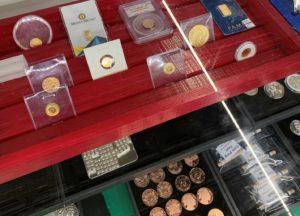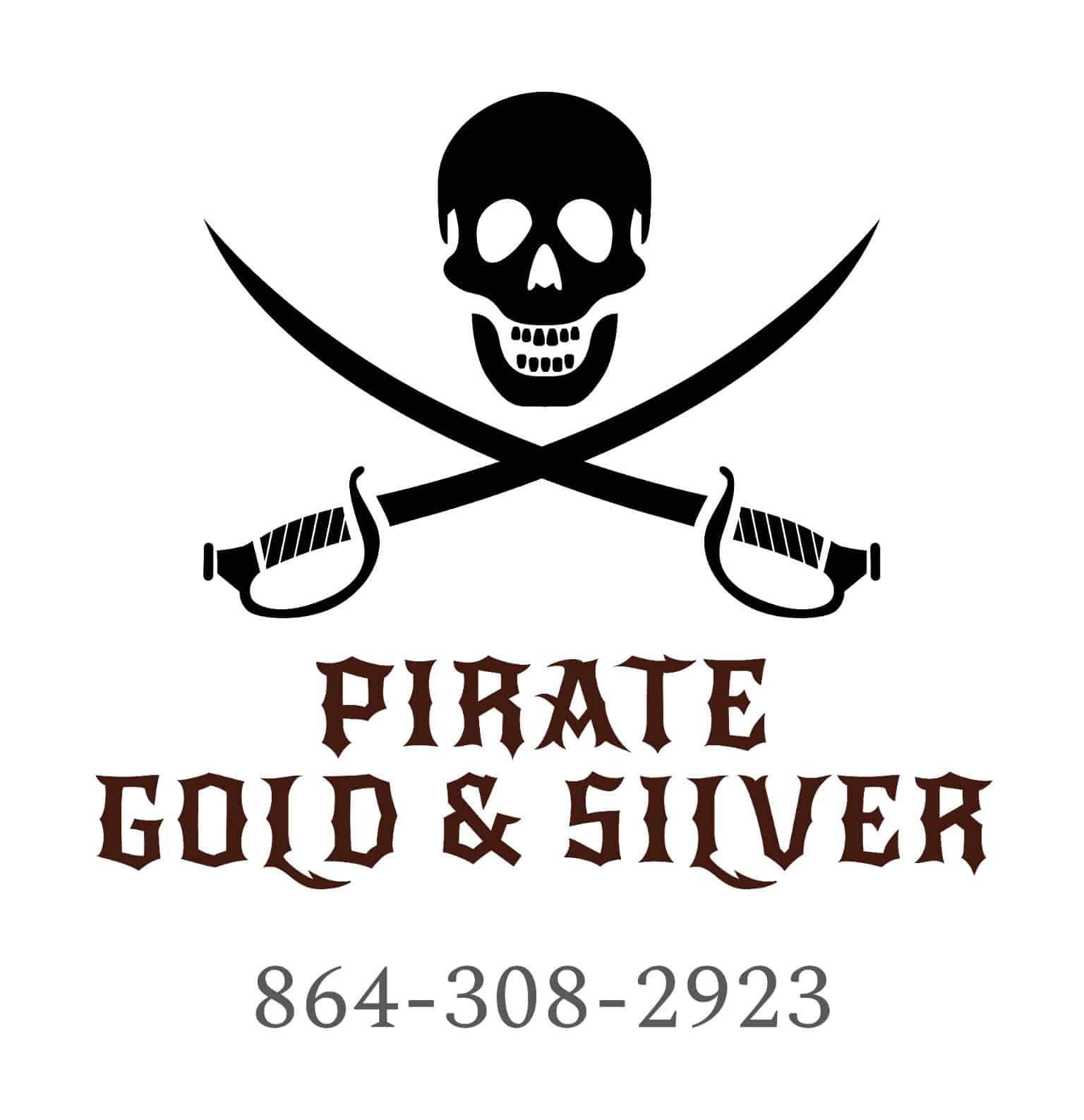Prepping is something that’s earned a bit of a negative reputation. Pandemic Prepping is no different. People who spend their time preparing for the apocalypse or the end of the world as we know it are written off as paranoid at best, and downright crazy at worst. They might be getting ready to survive zombies, a nuclear war, a natural disaster or another type of crisis we haven’t even imagined yet.
As the first year of the decade, 2020 was supposed to be a new beginning for many people. Instead, we’re dealing with an unprecedented global pandemic that’s thrown a massive wrench in everyone’s plans. We’re still coping with this new normal and learning how to live with the coronavirus hanging over our heads.
One thing this pandemic has proved is just how important prepping can be. How are people weathering this pandemic while we wait for a cure, vaccine or preferably both?
The Great Toilet Paper Crisis of 2020
In 20 years, we may be able to look back on this and laugh. In March of 2020, the country’s most coveted commodity wasn’t medicine or food — it was toilet paper.
This essential household good vanished from store shelves as panicked buyers stocked up. It became a hot commodity because no one could get it. Until sites like Amazon and eBay started cracking down, you would see four-packs of the stuff listed online for much more money than it normally sells for.
It led to unbelievable behavior, such as a man stealing 66 rolls of toilet paper from his hotel room. An 18-wheeler full of the stuff vanished in North Carolina.
This isn’t the first time that we’ve collectively lost our minds over something as simple as toilet paper. In 1973 — amid a growing culture of shortages that included gasoline, electricity and, for some reason, onions — someone started a rumor that the United States would likely experience a significant toilet paper shortage. That rumor — and a mention by Johnny Carson — was all it took to scare people into hoarding bathroom tissue like it was gold.
2020 has proven to be much the same. Buyers panicked, thinking things would vanish from store shelves, and thus created their own self-fulfilling prophecy. They were afraid they wouldn’t be able to get toilet paper, so they bought it all. Lo and behold, there was a toilet paper shortage.
We’ll eventually be able to look back on this and laugh, but for a couple of months, it was not at all funny. Basic prepping — even just buying one extra pack to store away during your normal shopping — could have prevented the toilet paper panic.
Grocery Stores Stripped of Essentials
Toilet paper isn’t the only thing that vanished from store shelves in the wake of the coronavirus pandemic. The longer people stay home, the more their priorities shift. First, it was toilet paper, hand sanitizer and Lysol that vanished. Bread disappeared, and then so too did yeast and flour, as people tried to learn to make their own.
Then, with salons and barbershops closed to the public, things like hair dye and clippers started to disappear from store shelves. Board games and decks of cards were a hot commodity for a while, as parents struggled to keep their newly homeschooled children entertained.
Barbells, weight plates, kettlebells and other weightlifting equipment became popular because gyms closed. In many places, you still can’t get barbells or other exercise equipment. Those shelves still sit empty.
While some of these items aren’t things you’d usually associate with prepping, we could have prevented the overall air of panic. Those without the means to stock up should still have been able to pick up things like all-purpose flour and bread yeast while they went out on their weekly grocery trip.
This is where prepping comes into play. Those that have been prepping for years didn’t even bat an eye when panicked shoppers started stripping grocery store shelves of everything from bread to hygiene supplies. They simply went on, living life as usual, and tapping into their supply cache for anything that wasn’t available at the grocery store. They may have even been able to supply friends and family members with essentials they couldn’t buy.
This aspect is why prepping is so important. Not because we’re waiting for the end of the world, but because our supply chains are so fragile that it doesn’t take much to throw them into complete disarray. All it took was one person spreading a rumor that there was an impending grocery shortage to turn speculation into reality. Prepping eliminates that.
With a sufficient supply of things like food and water, you can delve into your stores in times of crisis and replenish them when things start going back to normal.
Staying Safe Doesn’t Mean Staying Home
You don’t need to hunker down in your basement to stay safe. As people finally start to understand that social distancing is going to be a requirement for many months to come, things like bicycles are disappearing as people try to stay active and enjoy the warm summer months as best they can. There are many ways to stay active without going to a gym or associating with anyone outside your immediate household.
Try to avoid areas you think might be crowded, and don’t forget to follow official guidelines even when outdoors. With amusement parks and beaches reopening for the first time in months, people are flocking to these usually popular locations, making social distancing challenging. Instead, head to less popular trails and parks. You might be surprised by the hidden gems in your neighborhood.
Even a walk around the block can be beneficial when you’ve been indoors and working from home since the beginning of this pandemic. At the same time, we don’t want you to feel pressured to get out of the house if you’re not comfortable leaving during these historic events. If you’re at higher risk or live with someone who is, staying home is always the best option.
Believe it or not, you can apply the act of prepping to nearly any situation — including entertainment and fitness. If things turn upside down, going to your local gym won’t be an option. When things started closing, people started buying out any fitness equipment they could find, both in stores and online. Barbells, weight plates, kettlebells and other weightlifting equipment became popular.
Fitness is an essential skill for preppers, and many already have a home gym they started using long before the coronavirus pandemic. The run on fitness equipment may have been to counter quarantine boredom, but staying healthy is essential for survival — something preppers have known for years.
They’ve Been Telling You to Prepare for Years
Preppers aren’t the only ones who’ve been telling you that you need to start getting ready for whatever comes next. The Federal Emergency Management Agency (FEMA) and the federal government suggest having at least two weeks‘ worth of supplies in your home in case of a disaster.
This includes things like food, water — in case your local water supply gets contaminated or stops flowing — and medicine. Be sure you have everything you’ll need to survive for that period without going to the grocery store.
The pandemic was already on most preppers’ radar before it ever made its way to the United States. China reported its first cases in January, and at the same time, things in the global market started to fall apart. The price of oil dropped so dramatically that it was in the negatives.
At the time, preppers believed the virus would be a “Black Swan” event. This term was coined by Nassim Taleb, author of books like “The Black Swan” and “Antifragile.” It describes events that create sharp and unpredictable shocks to established systems.
Prepping isn’t just something you do to get ready for a nuclear war or the zombie apocalypse. It’s a way of life built on the idea of preparation. If you’re prepared for everything, nothing can surprise you. If nothing can surprise you, then you can ride out the storm.
Don’t Panic — Just Be Prepared
If you only take one thing away from this article, make it this — don’t panic. Panic doesn’t serve anyone. It’s why we’ve had not one but two toilet paper shortages in recent memory. It’s why people will fight over the last package of Chef Boyardee even though they’ve got an entire case at home. Panic is useless. The goal here is to help you prepare for whatever might happen next.
The coronavirus is new and unpredictable. Four months into social distancing and quarantine, we have no idea how long it will be around, when we’ll have a vaccine and when things will go back to normal. We’re still learning even as we try to navigate this new normal. Things could change dramatically over the next few months, or we could settle into a pattern of mask-wearing and social distancing that will allow us to protect ourselves from the virus until a vaccine hits the market.
Prepping is a way to be ready for anything, even in the midst of unpredictability. You can start creating your supply stash by picking one thing a week and buying a little bit extra. If you normally get two boxes of pasta for the week, purchase four and stash the additional two at the back of your pantry. Next week, choose something else. Slowly, you’ll start building your supplies without denying others the same opportunity.
Whether you’re getting ready for the zombie apocalypse or just the next wave of panicked pandemic shoppers, the coronavirus’s rapid spread is proof that prepping is more important than ever. Start stocking up on your supplies so you’ve got everything you need to keep yourself and your family fed while we work our way through this pandemic.
Take things one day at a time, wear your mask, stick to social distancing and stay safe. We’ll get through this. We just have to be patient and prepared.
If the general population had bothered listening to FEMA and the Red Cross, even if they only stashed away two weeks’ worth of food, it would have made an enormous difference during the beginning of this pandemic. People wouldn’t have needed to panic, and we could have continued with life as usual, albeit with a few changes necessary to accommodate living in a pandemic.











